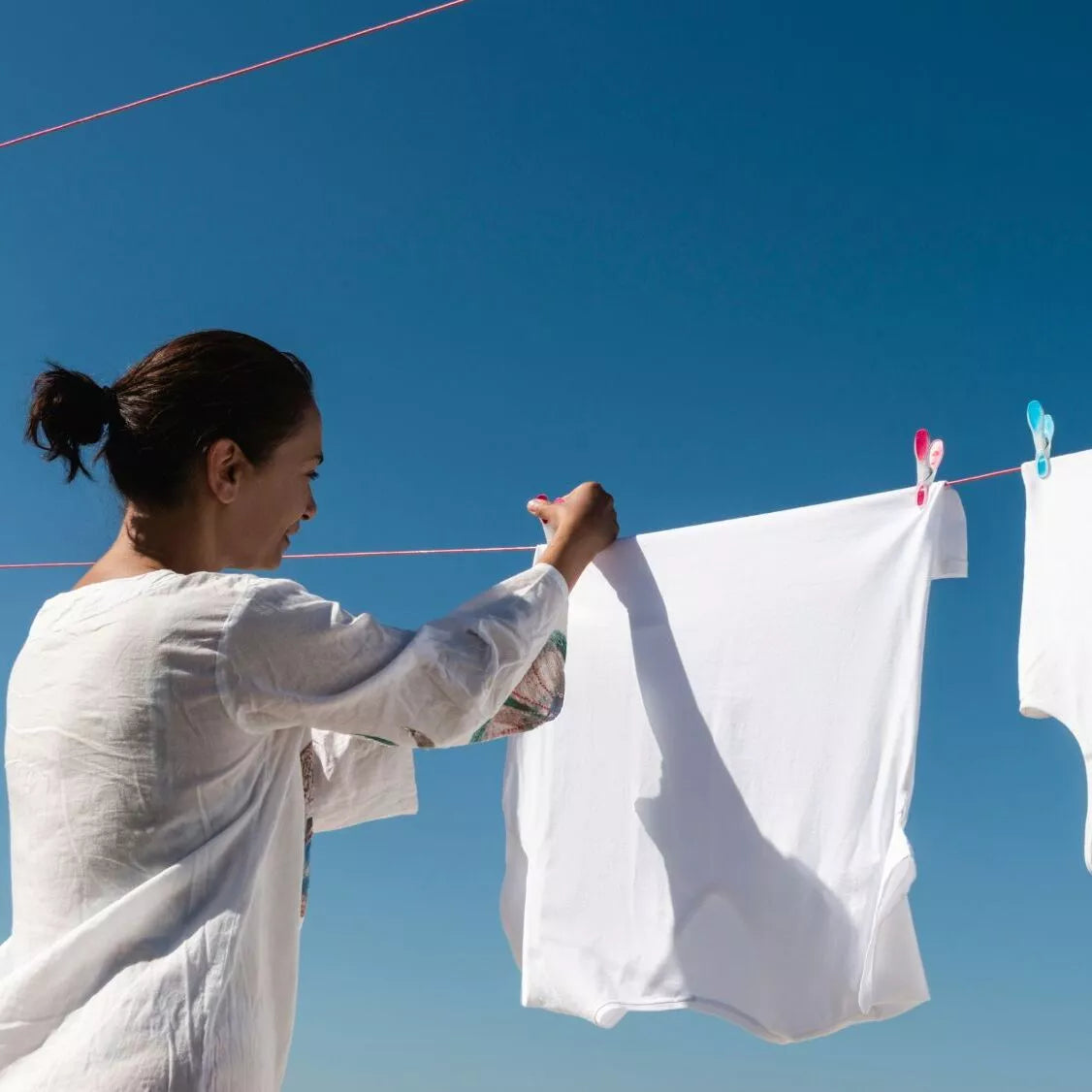The climate crisis is becoming more urgent as time goes by and people, along with businesses and governments, are under more pressure than ever to play our part in minimising the effects of climate change. For some people, this might mean living a completely zero waste lifestyle. However, for many of us, being entirely zero-waste might not be feasible. Here’s Natracare on why that’s okay and what you can do to live more sustainably without going zero-waste:
What is zero waste?
A zero-waste lifestyle is exactly what it sounds like: living a lifestyle that creates a minimal amount of waste, ideally none at all. This includes choosing produce without packaging, using reusables wherever possible, and upcycling or repurposing any waste you do create. Being zero-waste is an ideal goal to keep, but for many, it may also be an unrealistic one.
Why might zero waste not be realistic?
Living zero waste is an admirable and brilliant achievement, but it’s a lifestyle choice that simply isn’t available to everyone. The ability to choose to go zero-waste is rooted in privilege. For people with lower disposable income, living in a food desert, or with limited access to time or facilities for composting and upcycling may be out of the question.
While the zero-waste movement is one that began and exists with positive and genuine intentions, it has become a source of shame and eco-guilt for many people that are unable to fully commit to the lifestyle. There’s existing and growing pressure on people to be perfect consumers when it comes to sustainability and ethics, and zero-waste has the potential to set the precedent that sustainability efforts are worth nothing if you aren’t completely waste-free.
What you can do instead
Instead of a handful of people doing zero-waste perfectly, we need millions of people doing it imperfectly. This means making sustainable, low-waste choices that are within your reach and accepting limitations where necessary. Choosing brands that allow for compromise through offering more sustainable options than conventional products but aren’t entirely zero-waste is a great place to start. Here are some of the low-waste swaps we love that we think you might too:
Period products
Did you know that in one pack of conventional pads there is the equivalent to five carrier bags worth of plastic? Reusables are one alternative, but they aren’t for everyone – which is where Natracare products come in. We produce tampons, pads, and panty liners that are plastic-free, vegan, and compostable. Since 1989, we’ve been on a mission to provide more sustainable period products, without compromising on quality or leak-free protection. Switch to Natracare for a more sustainable period to help reduce your plastic waste!
Cleaning products
If you want to reduce the waste in your cleaning routine creates but don’t have the time to make homemade, zero-waste alternatives, Spruce refillable cleaning products are a low waste option that can be delivered to your home. What’s more, when you buy the starter packs, they pledge to remove 25 plastic bottles from our oceans.

Veg boxes
If your local shops only offer fruit and veg packaged in plastic, while it may seem like a small amount, the single-use plastic waste quickly adds up from one week to the next. Instead, try signing up to receive a weekly organic veg box, like the ones offered by Riverford. These boxes are delivered straight to your door in plastic-free packaging and you can tailor the size and contents of your box to fit with your routine.
Laundry
Choosing plastic-free laundry detergent options like Eco Egg is a great way to reduce single-use plastic packaging every time you wash your clothes. The Eco Egg comes with enough pellets to last for 70 washes, is refillable and reusable, and each egg case has a 10-year guarantee. We also recommend using a washing bag like Guppyfriend to help reduce microplastics shed during a machine wash off synthetic clothing.
These are just some small, convenient changes you can make to your routine to reduce your waste without committing to a zero-waste lifestyle.
Natracare started in 1989 when founder, Susie Hewson, created the world’s first 100% organic cotton tampon. Since then, Natracare has been designing and producing products that are kind to our bodies and the planet. Natracare products are plastic-free, biodegradable, and compostable - just the way they should be!









Leave a comment (all fields required)